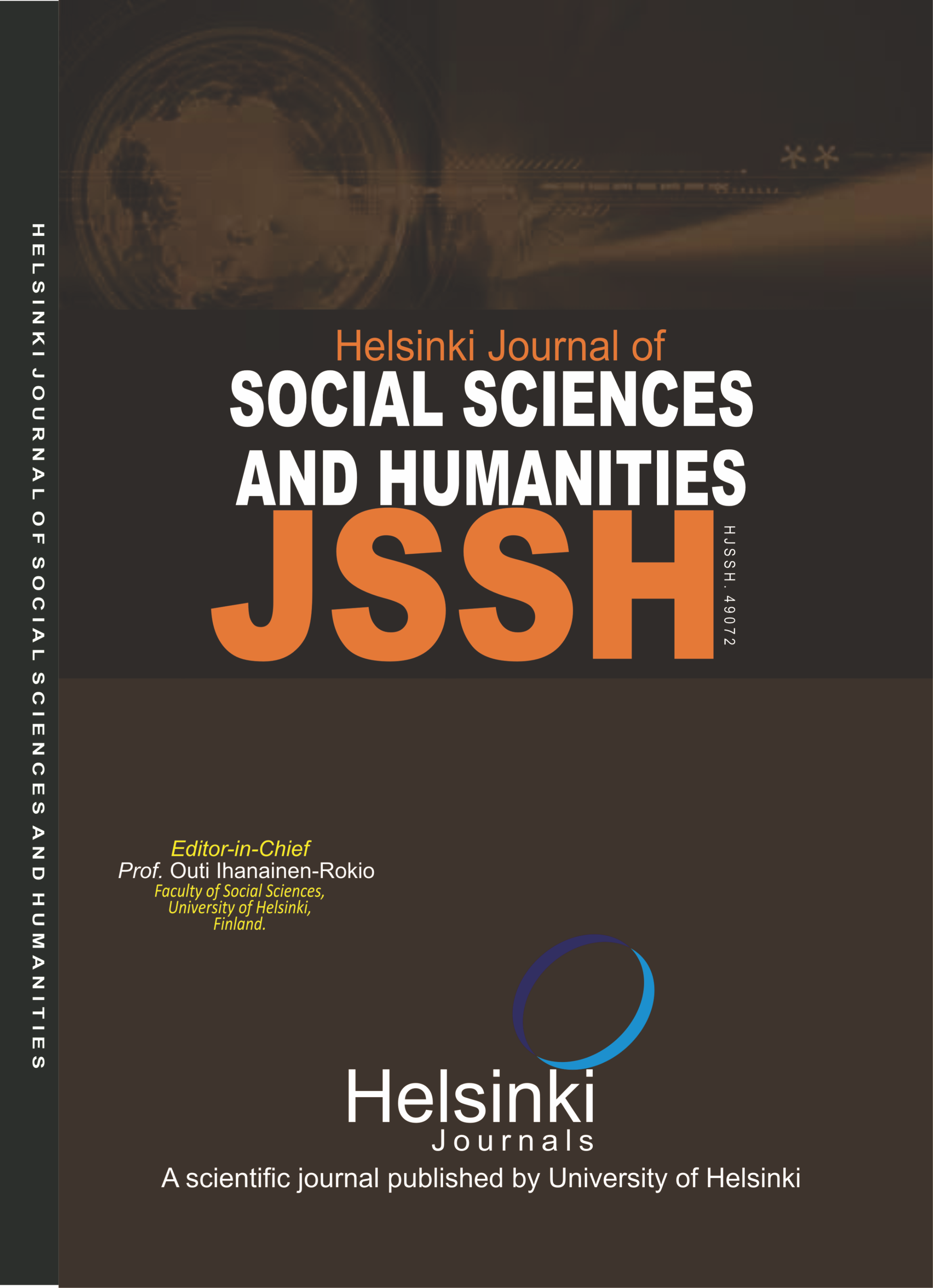HELSINKI JOURNAL OF SOCIAL SCIENCES AND HUMANITIES (HJSSH)
INCOME AND STREET AS CONSENSUS ON QUALITY OF LIFE BY FEMALE SEX WORKERS, TO MAINTAIN DIGNITY AND WELL-BEING
E-ISSN: 7764-9221
P-ISSN: 3442-3567
DOI: https://iigdpublishers.com/article/825
The objective was to understand the consensual universe of representational meanings constructed about quality of life by female sex workers. The qualitative study based on the Theory of Social Representations, from a procedural perspective, with 132 women from the Productive Upper Sertão of Bahia, Brazil. The free word association test and in-depth interviews were adopted as data collection techniques. The evocations were processed in the Tri-Deux-Mots software and the interviews were submitted to the IRAMUTEQ software. Both software programs performed factorial correspondence analyses, with different and complementary analysis perspectives. Reading the factorial maps of the evocations and the lexical analysis of the discourses made it possible to consider the similarities and complementarities. The consensual universe of social representations resides in the meanings closest to the axis of congruence of the factors, whose highlighted items are important to achieve quality of life (money, income, comfort and family relationships), from where and/or how they acquire these items (street and work). It is concluded that financial return (income and money) and the street were consensual aspects that provide the achievement of quality of life among female sex workers, as they are associated with characteristics that they consider essential for maintaining well-being and dignity.
Pablo Luiz Santos Couto PhD, Luiz Carlos Moraes França PhD & Alba Benemérita Alves Vilela PhD
Belém, J. M., et al. (2018). Prostitution and health: Social representations of nurses in the family health strategy. Revista baiana de Enfermagem, 32, e25086. DOI: http://dx.doi.org/10.18471/rbe.v32.25086
Broqua, C; Deschamps,C. Transactions sexuelles et imbrication des rapports de pouvoir. In: ___ (eds.). L’échange economico-sexuel. (Paris: Éditions EHESS, 2014; p. 7-17).
Carter, A. (2018).Supporting the sexual rights of women living with HIV: a critical analysis of sexual satisfaction and pleasureacross five relationship types.Journal Sexuality Research, 55(9), 1134-54. DOI: https://doi.org/10.1080/00224499.2018.1440370.
Couto, P. L. S., et al. (2020). Social representations of female sex workers about their sexuality. Investigación y Educación en Enfermería, 38(1), e03. DOI: https://doi.org/10.17533/udea.iee.v38n1e03
Couto, P. L. S., et al., (2017). Meanings of HIV/AIDS prevention and sexuality for young Catholics. Revista Gaúcha de Enfermagem, 38(4), e2016-0080. DOI: http://dx.doi.org/10.1590/19831447.2017.04.2016-0080
